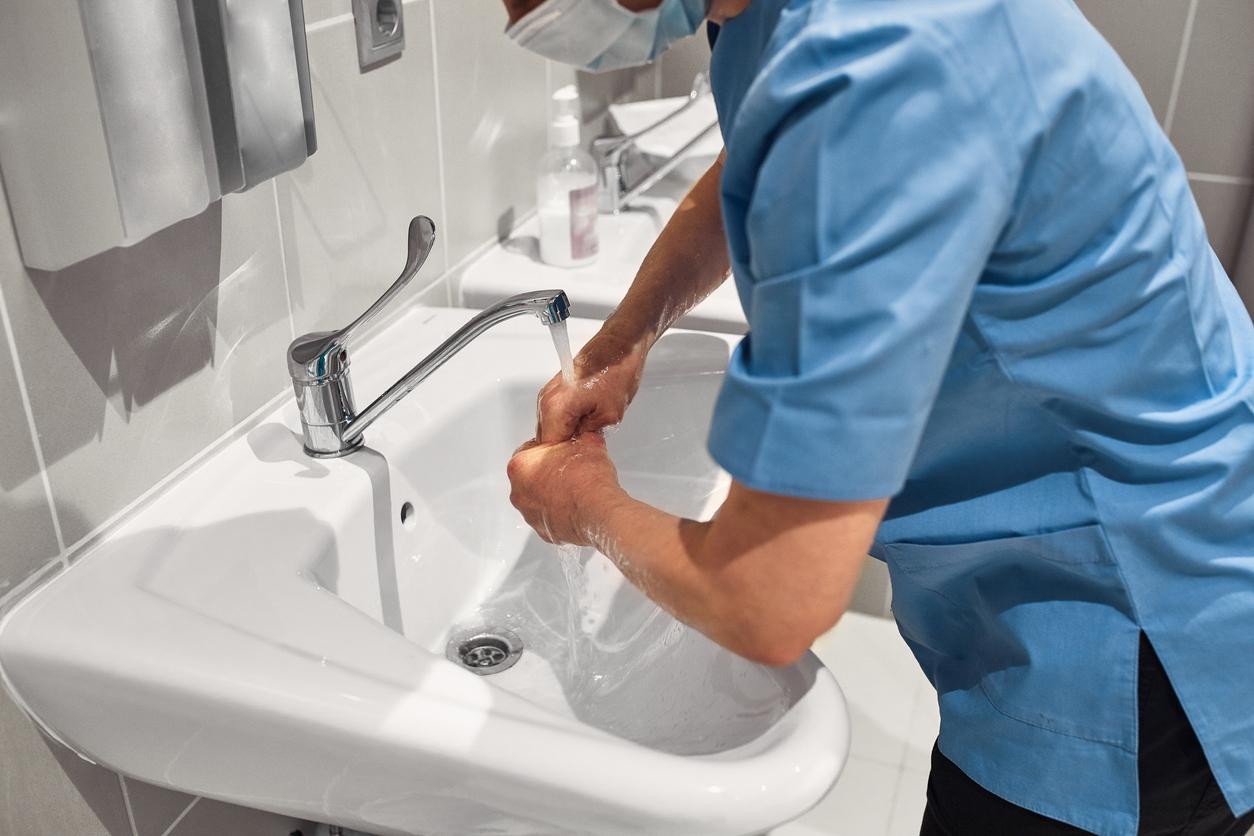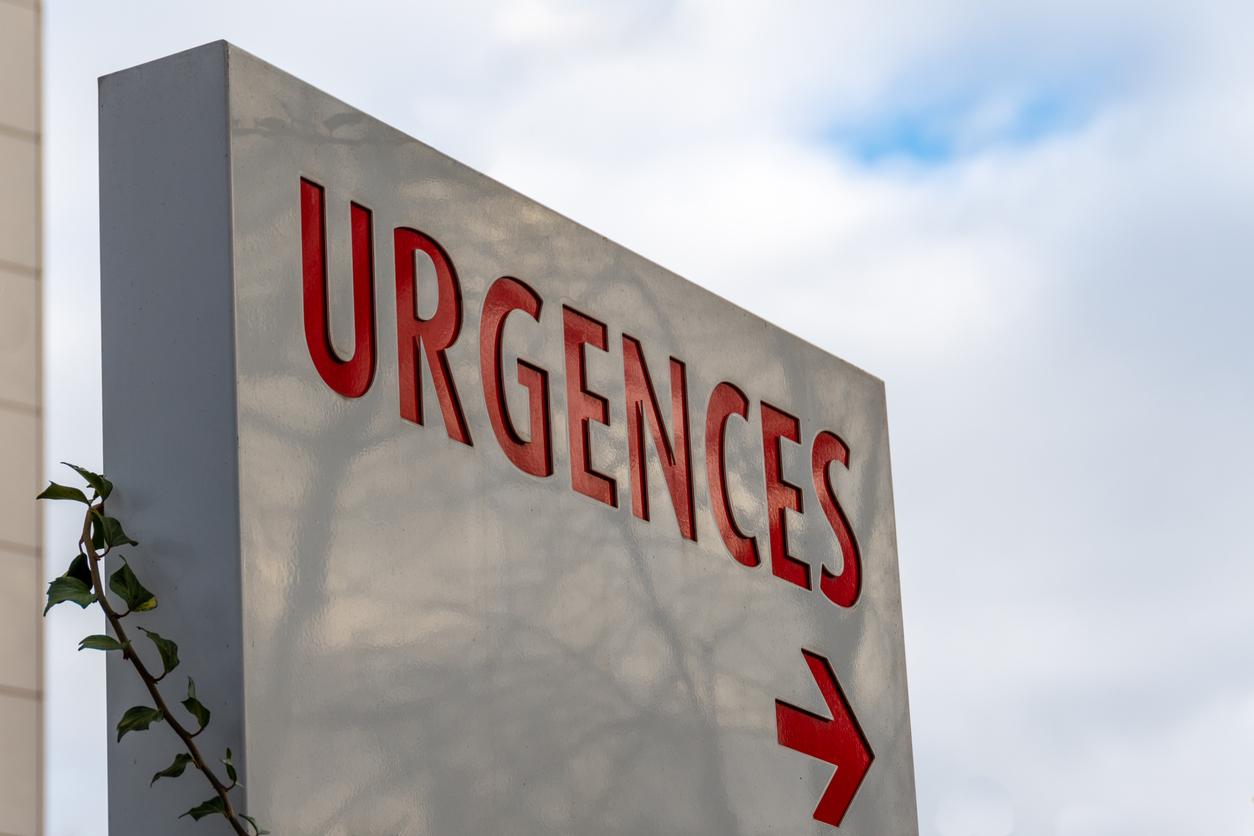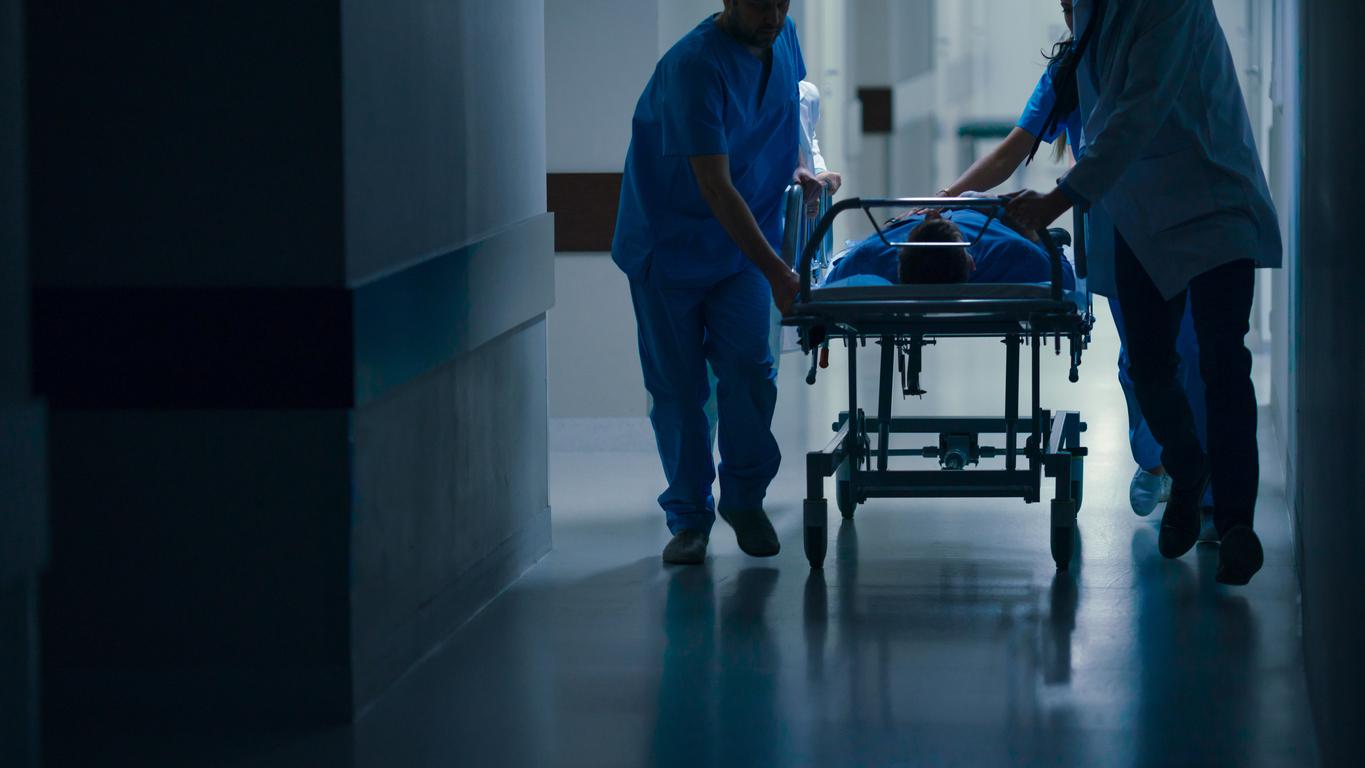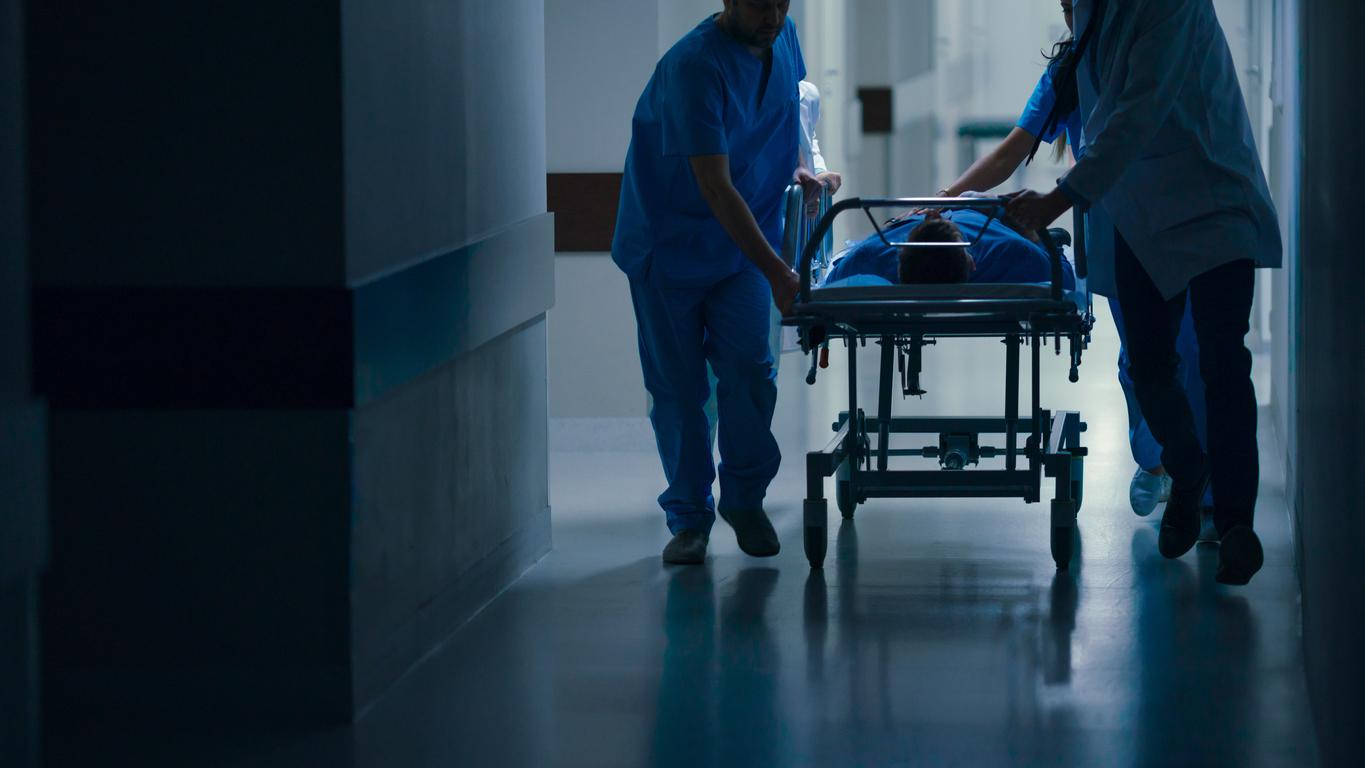The few studies available on serious adverse events show that one in 10 hospitalized patients would experience an adverse event associated with care. But contrary to popular belief, the individual error of the doctor or caregiver is not the main cause: in 1 case out of 3, it is teamwork and the lack of communication that is at the origin of what doctors call “a risk-bearing event”, that is to say an adverse event occurring in a health establishment which could have harmed the patient but which could have been avoided by the caregivers.
“It may be, for example, a medication error corrected before its administration, an error in the patient’s file recovered before an intervention or a fault in the transmission of information which delays the start of treatment. “a treatment” underlines the High Authority for Health (HAS).
After analyzing 47,000 risk-bearing events, it is mobilizing “to put the question of teamwork at the center of concerns, in order to reduce the occurrence of undesirable events or to mitigate the consequences when they occur”.
To do this, it intends to encourage the analysis of events a posteriori in order to draw useful consequences for the proper functioning of the care centre. “While feedback is an essential step in high-risk sectors such as aviation or nuclear, the health sector still relies heavily on tacit feedback, limited to a specialized circle and less on structured and multi-professional feedback. This delay affects patient safety: errors not collected and not analyzed are not corrected adequately and risk recurring regularly” insists the HAS.
Read also :
How to make the hospital more attractive to doctors
Patient safety progresses in hospitals

















